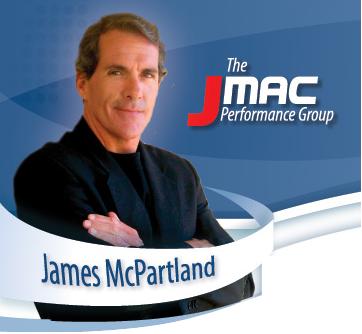Being Ahead Of Your Time - Apple's Newton & iPad
/ The term "PDA" (personal digital assistant) was coined around Apple's Newton. Launched in 1993 at a price of $699, the Newton project was thought by many to be an abject failure (Jobs cancelled it shortly after terminating John Sculley) - but was it ? Reflecting on its history, the device was ahead of its time and technology. Consider that in September 2009, Michael Tchao, one of the Newton's marketing product champions, returned to Apple to join the iPad team and two ex-Apple Newton developers founded Pixo, the company that created the operating system for the original iPod. in fact, the nexus for iPad was Newton. (Kim Arnold shares this view here).
The term "PDA" (personal digital assistant) was coined around Apple's Newton. Launched in 1993 at a price of $699, the Newton project was thought by many to be an abject failure (Jobs cancelled it shortly after terminating John Sculley) - but was it ? Reflecting on its history, the device was ahead of its time and technology. Consider that in September 2009, Michael Tchao, one of the Newton's marketing product champions, returned to Apple to join the iPad team and two ex-Apple Newton developers founded Pixo, the company that created the operating system for the original iPod. in fact, the nexus for iPad was Newton. (Kim Arnold shares this view here).
When writing or speaking about the future and the rapid pace of technological change that is and will increasingly impact everyone (particularly in the fitness and wellness arena) ; its often good to reflect on past "failures", seeing where they ultimately end up. The tablet market is now the 4th largest consumer electronics category in the world at nearly $9 billion annually.What does that say about Newton ?
So what do you think ? Please let me, Bryan O'Rourke, here from you. Was Newton a failure ? Watch the iPad and Newton commercials below. I think there are some similarities don't you ?










